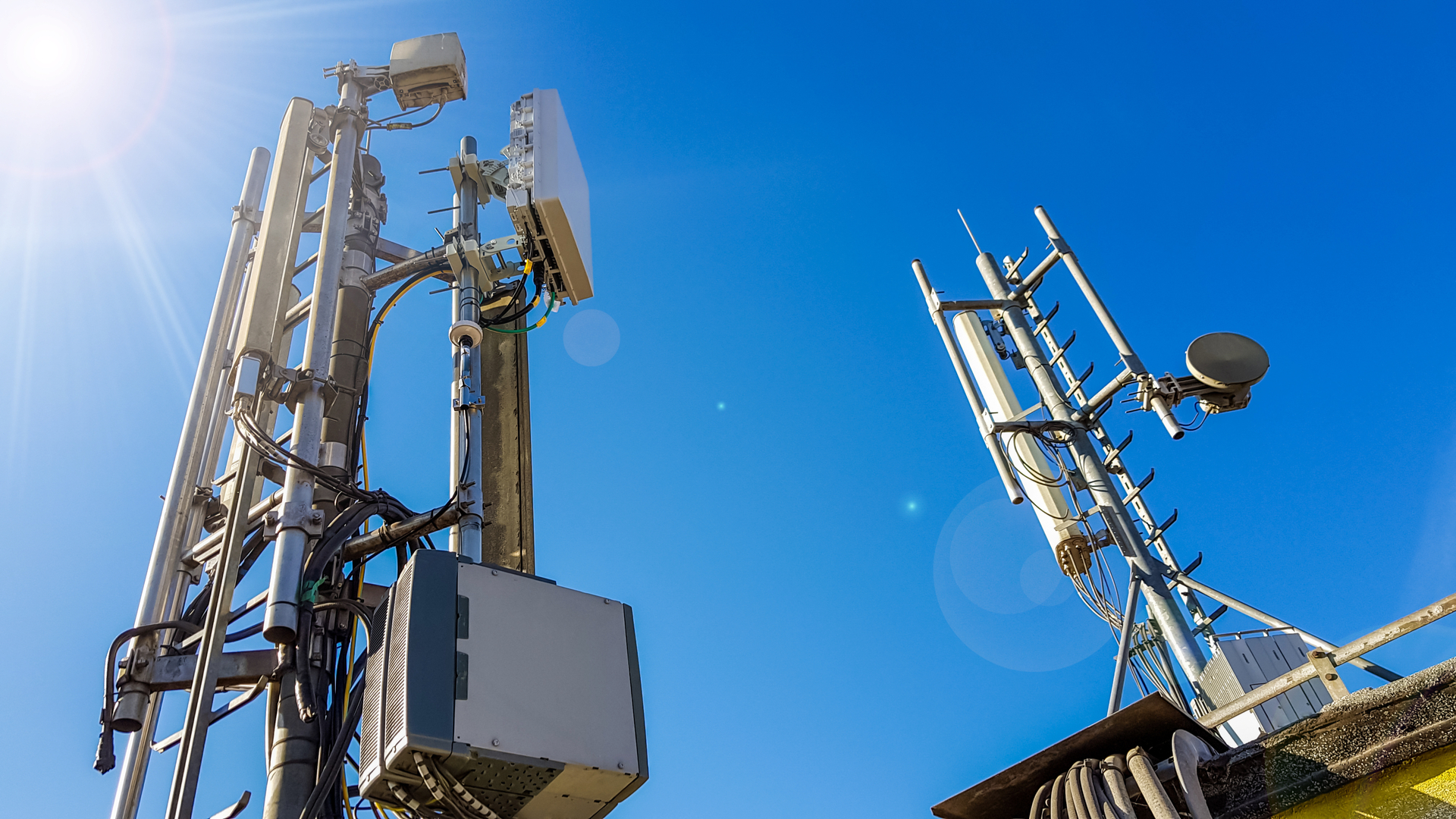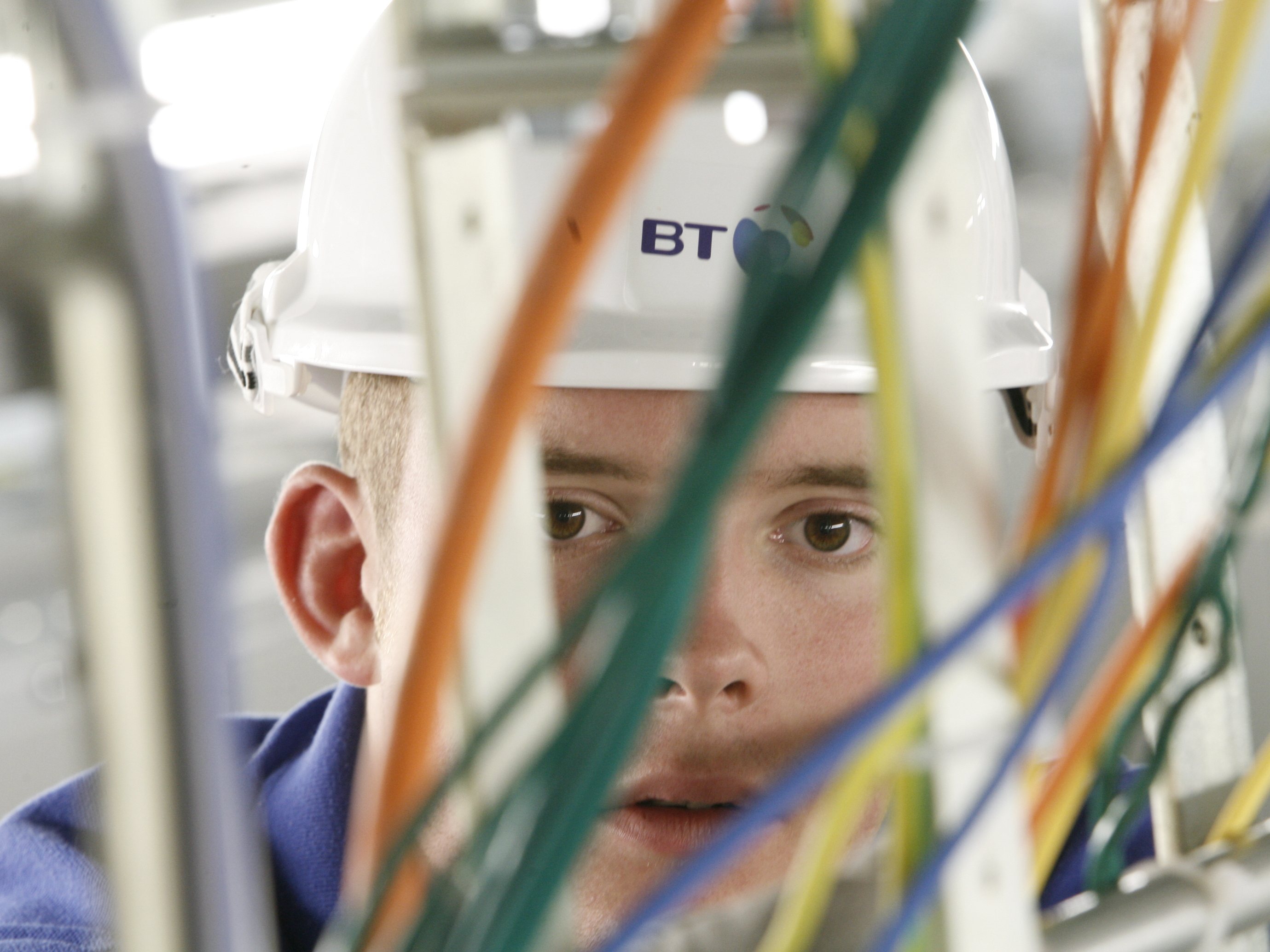UK 5G spectrum auction will finally go ahead this week
The much awaited auction will involve companies bidding for frequency in two bands


Ofcom has announced that it is finally launching the long-delayed UK 5G spectrum auction this week which it hopes will result in better mobile services and access to 5G technology.
The auction, which was originally due to kick off in 2017, will increase the total amount of spectrum available for mobile technology in the UK by approximately a fifth. Devices that communicate wirelessly need spectrum, including televisions, car key fobs and satellites.
The auction will involve companies bidding for spectrum in two different frequency bands, the 700MHz band and the 3.6-3.8GHz band. The latter is the primary band for 5G.
In the 700 MHz band, there will be 80 MHz available to bid on. In the 3.6-3.8 MHz band, there will be 120 MHz available.
Four companies will take part in the auction: EE Limited, Hutchison 3G UK Limited, Telefónica UK Limited and Vodafone Limited. IT Pro has contacted them all for comment.
The auction will be divided into two parts. The main one is called the principal stage and is where prices go up with bids and the bids determine how much spectrum each party acquires.
In the principal stage, each spectrum is available at a reserve, or minimum price. The reserve price for each 700MHz portion is £1 million and there are four lots of spectrum, each made up of 10 MHz. The reserve for each 700MHz paired frequency lot is £100m and there are six lots of spectrum (each of 2x5 MHz).
Get the ITPro daily newsletter
Sign up today and you will receive a free copy of our Future Focus 2025 report - the leading guidance on AI, cybersecurity and other IT challenges as per 700+ senior executives
The reserve price for each 3.6 GHz lot is £20m and there are 24 lots of spectrum (each of 5 MHz) available.
The bidders will bid for a number of lots in each band at the given price, which is set by Ofcom. If the demand for the available lots is equal or larger than the amount available then the price for each frequency will go up in the next round and bidders can place their bids again. This continues until there are no new bids in a round.
The second stage is called the assignment stage and determines the precise frequencies of the airwaves won by each bidder. Interestingly, winners of the 3.6-3.8 GHz band are allowed to negotiate the specific frequencies among themselves if they want to join together the airwaves they have secured within the band.
RELATED RESOURCE

The auction could go on for several weeks and the length will depend on the level of demand for the spectrum available. At the end of each bidding day during the principal stage, Ofcom will publish the prices for the lots in the last round and a measure of demand in each band.
In January, Ofcom announced the long-awaited 5G spectrum auction was to be delayed again until March. The auction has suffered from delays since at least 2017, where Three attempted to have a 30% cap placed on the auction which would have blocked the larger providers from bidding against smaller rivals.
The High Court ruled against Three in December 2017 and the case was then sent to the Court of Appeal. The decision was upheld in 2018.
Zach Marzouk is a former ITPro, CloudPro, and ChannelPro staff writer, covering topics like security, privacy, worker rights, and startups, primarily in the Asia Pacific and the US regions. Zach joined ITPro in 2017 where he was introduced to the world of B2B technology as a junior staff writer, before he returned to Argentina in 2018, working in communications and as a copywriter. In 2021, he made his way back to ITPro as a staff writer during the pandemic, before joining the world of freelance in 2022.
-
 Bigger salaries, more burnout: Is the CISO role in crisis?
Bigger salaries, more burnout: Is the CISO role in crisis?In-depth CISOs are more stressed than ever before – but why is this and what can be done?
By Kate O'Flaherty Published
-
 Cheap cyber crime kits can be bought on the dark web for less than $25
Cheap cyber crime kits can be bought on the dark web for less than $25News Research from NordVPN shows phishing kits are now widely available on the dark web and via messaging apps like Telegram, and are often selling for less than $25.
By Emma Woollacott Published
-
 Ofcom net neutrality update dismisses calls for big tech contributions
Ofcom net neutrality update dismisses calls for big tech contributionsNews Ofcom’s net neutrality stance has been criticized by some industry stakeholders
By Emma Woollacott Published
-
 Almost one million Brits still suffer with appalling broadband speeds, Ofcom report finds
Almost one million Brits still suffer with appalling broadband speeds, Ofcom report findsNews A new Ofcom report reveals a massive 925,000 people are still on downloads speeds of less than 10Mbps
By Alex Lee Published
-
 ISPs now have 30 days to fix net speeds or face null contracts
ISPs now have 30 days to fix net speeds or face null contractsNews Ofcom confirms customers will soon be able to walk away if their service dips
By Dale Walker Published
-
 More than a million UK properties don't have access to 'decent' broadband speeds
More than a million UK properties don't have access to 'decent' broadband speedsNews Ofcom's Connected Nations report finds broadband is still lacking across 4% of the UK
By Roland Moore-Colyer Published
-
 BT offers to invest up to £600m to provide universal high-speed broadband
BT offers to invest up to £600m to provide universal high-speed broadbandNews The company's offer would replace new regulation proposed by the government
By Zach Marzouk Published
-
 Ofcom caps EE and BT's spectrum bidding
Ofcom caps EE and BT's spectrum biddingNews Regulator will limit how much spectrum a single mobile operator can own
By Nicole Kobie Published
-
 Ofcom caps BT's Openreach prices
Ofcom caps BT's Openreach pricesNews Regulator limits the amount that rivals can be charged for leasing the company's superfast broadband
By Adam Shepherd Published
-
 Ofcom fines BT a record £42m for slow broadband installations
Ofcom fines BT a record £42m for slow broadband installationsNews BT failed to compensate rivals for delayed line installations
By Dale Walker Published